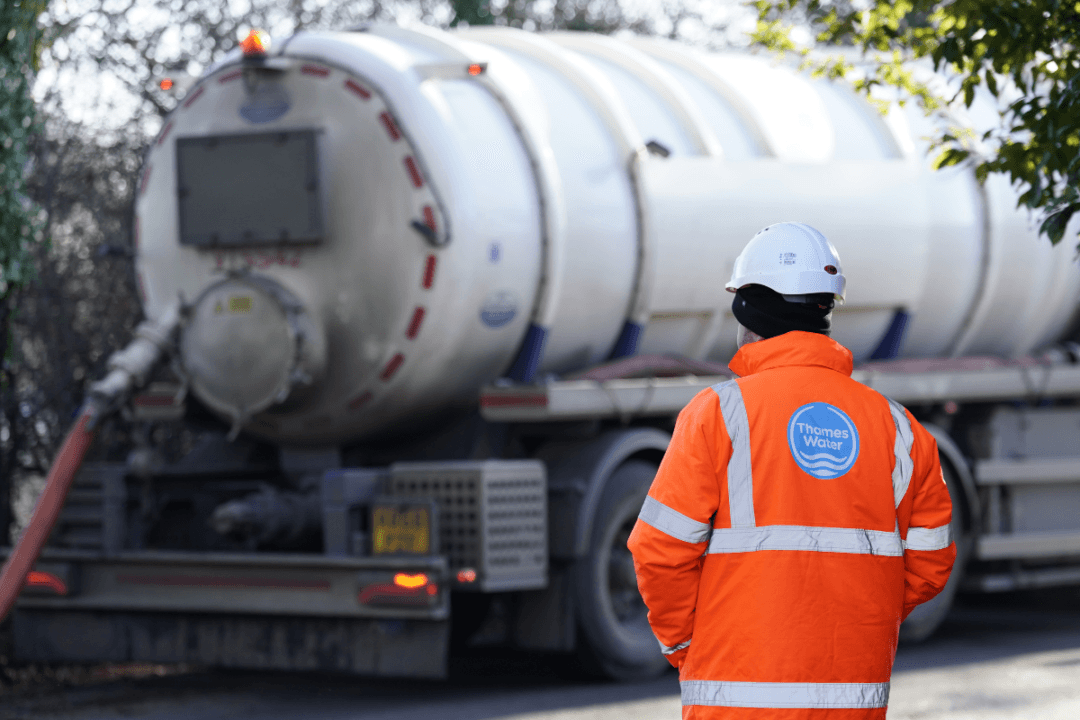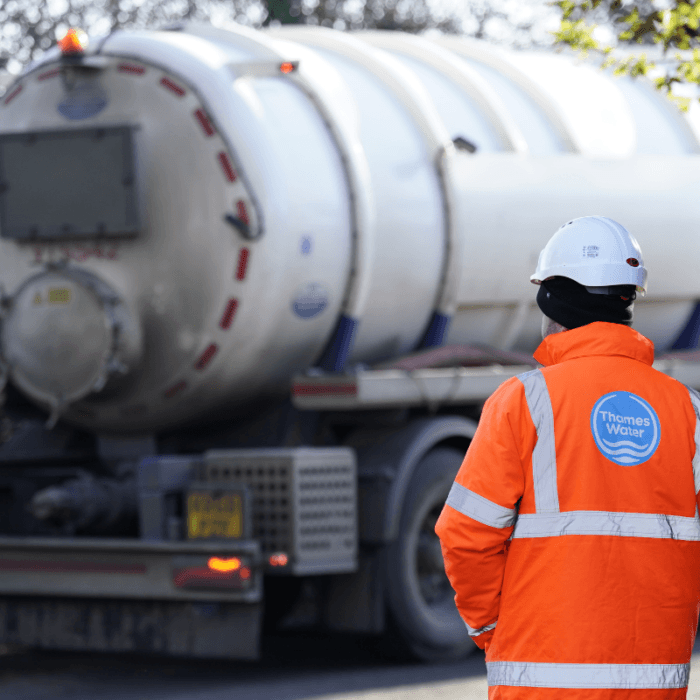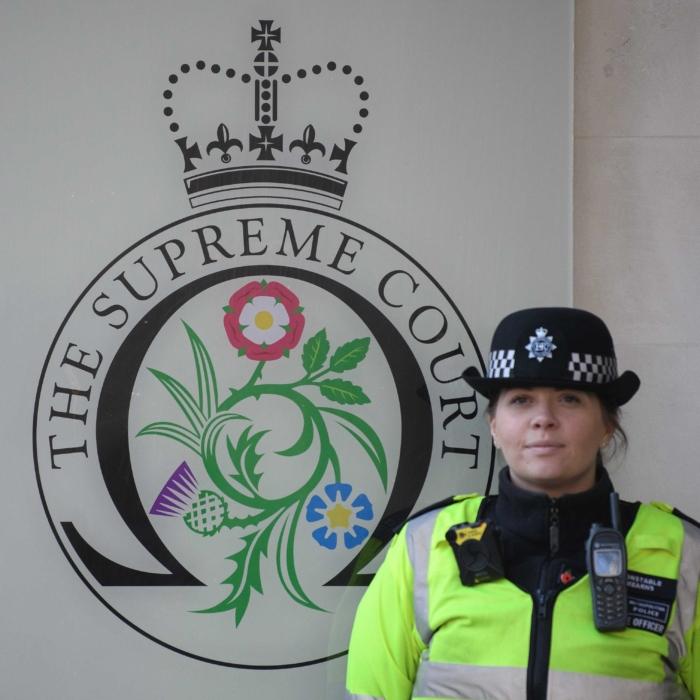The regulator reported an increase from 44 incidents in 2022 to 47 in 2023. Over 90 percent of the pollution cases were caused by four companies: Anglian Water, Southern Water, Thames Water and Yorkshire Water.
The chair of the Environment Agency, Alan Lovell, said the companies’ performance is “unacceptable.”
The Environment Agency rates water companies on their environmental performance under the Environmental Performance Assessment. The current performance across sector “remains well below expectations,” the regulator said.
This year, five water companies were given two stars and were rated as requiring improvement. This includes Anglian Water, Southern Water, South West Water and Thames Water–the UK’s biggest water supplier.
The regulator rated Northumbrian Water as ‘good’ and said that three companies–Severn Trent Water, United Utilities and Wessex Water–achieved the industry leading rating of four stars.
“It is promising to see some companies starting to accept their responsibilities, but it is evident that the pace of improvement continues to fall short,” Mr. Lovell said.
To achieve better environmental performance, the regulator will recruit up to 500 additional staff and increase compliance checks.
The agency also plans to quadruple the number of inspections by the end of March 2025 carrying out 4,000 inspections and increasing this to 10,000 inspections the following year.
Sector in Decline
In recent years, the UK has experienced a nationwide pollution scandal, with water companies being exposed for their poor environmental standards, including Thames Water, which was found to have pumped raw sewage into waterways.Last year, 1,902 sewerage pollution incidents were recorded, an increase on 1,658 in 2022. This was the worst performance in the sector since 2019, with eight water companies showing an annual surge.
All 11 water and wastewater companies in England and Wales are also under Ofwat’s investigation over their environmental performance and waste spills.
The water services regulator said that water companies are in breach of their legal obligations to limit pollution spills in waterways.
The sector has also seen a number of companies struggle to raise additional liquidity to stay afloat. In July, Thames Water and South East Water said they were engaging with potential investors to raise additional cash flow.
“But it is not just about money. The culture within some water companies can also perpetuate poor practices. For example, some simply do not understand the root cause of their problems and incidents are not reported in a timely manner–this is vital for improving transparency and trust across this sector,” said Mr. Lovell.
He also called on water companies to ensure their assets are resilient enough to withstand challenges posed by extreme weather patterns, like heavy rainfall and rapid drought.
Since 2015 the Environment Agency has secured over £151 million in fines, after 63 prosecutions against water companies. Last year, the regulator prosecuted four different water companies, with three prosecutions resulting from pollution incidents.







